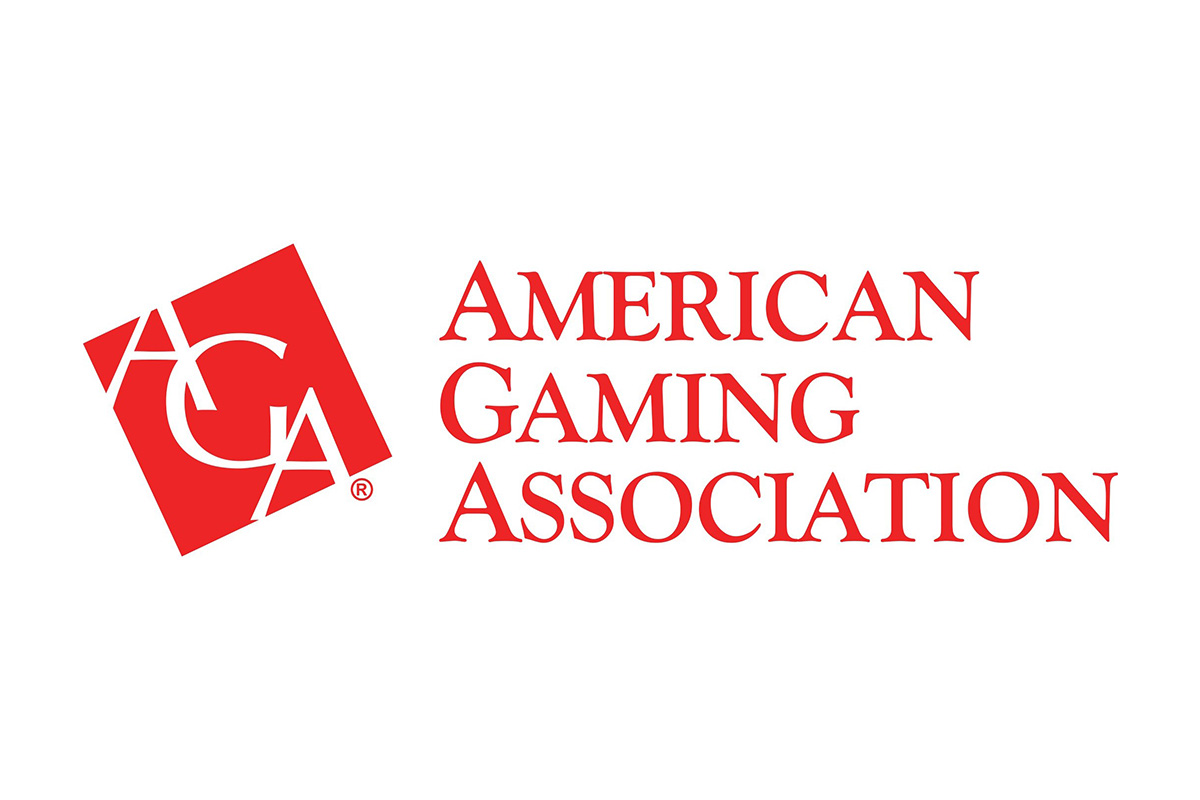
Why US operators must improve their marketing tech
Paddy Casey, co-founder at leading product development and digital marketing supplier The Unit, chats to Gaming Americas about the importance of modernising the US product experience now sports-betting markets have settled
The challenges presented to US-facing sports-betting operators have changed considerably since markets began to open up following the overturning of the Professional and Amateur Sports Protection Act (PASPA) in 2018. The idea of exponentially high marketing spends is not so prominent in 2023, and the battleground is transitioning towards a fight for existing customers.
One of the key issues affecting operators is they have been forced to make redundancies in their tech teams. While it is still crucial to develop rapid-fire landing pages/products to meet the demand of sports events, marketing departments rarely received the support they needed for fast digital campaigns from the internal tech teams in the first place, and this issue has now been exacerbated.
When mobile sports betting began to open up in the US, the apps were based on European sportsbooks. This can be an adequate market-entry strategy, but it doesn’t necessarily work in the long-term. When William Hill US first launched as the second mobile sports betting app in New Jersey after DraftKings, the advertising agency behind the campaign had been briefed for three months on the launch. When the app was finally developed and presented to them, the overall reaction was: “Is that it?” They felt it was going to be a new, ground-breaking Silicon-Valley-style piece of new technology, but it was essentially the same William Hill app adapted for US bettors.
Launching based off European models was all the operators could think to do, but that was not necessarily right for the US audience. Now, everyone in the market has to think harder about maximising performance. There are many things you have to do to attract new sign-ups, and the idea of a strong design and the ability to make changes is paramount now, which it wasn’t in 2018.
Following FanDuel’s lead
With a 50% market share as of the end of 2022, FanDuel is the clear market leader in US sports betting, but what is key to remember is it is not necessarily run in the same vein as most other US-facing operators. Given it is owned by Flutter Entertainment, the same parent company that manages Paddy Power and Betfair, it can be guided with more of a European mindset.
FanDuel’s app wasn’t particularly stronger than that of any other operator, but it has taken the lead with product and marketing innovation. Specific products were marketed similarly to how they had been by Paddy Power. While Paddy Power’s advertising is, of course, associated with comedy and at times controversy, it is always focusing on a product release or something that particularly stands out in the mobile app; FanDuel replicated that very astutely. While all the other operators were enforcing generic messages about how enjoyable sports betting can be, FanDuel was actually mentioning products like single-game parlays, and this approach was always likely to be successful.
There is still one thing FanDuel, like all US operators, can improve on, and that’s marketing tech. Tracking marketing spend and player behaviour are still quite new concepts, even with various US markets now being close to five years’ old. We have heard examples of affiliates in the US who can’t work with certain operators because they are convinced the player tracking is so far behind where it needs to be that the operator can’t even track which players have been sent to it by the affiliate. In the early days of regulated US markets, some teams were so naïve in this area they were literally guessing click-through rates.
Working around the problem
In sports betting, there is often one C-level executive whose needs are never prioritised within the product roadmap by the operator, and that’s the chief marketing officer. As soon as someone pipes up about what they need to promote March Madness, for example, the usual response is: “We don’t have time for that.”
That is why it is vital to utilise the expertise of teams who are experienced in sports betting and able to take this matter off an operator’s to-do list. It requires a team who can spend time addressing the player behaviour issues mentioned above, while also building out designs and all the core digital marketing that takes place within the sports product. When operators are able to use resources that can help make their marketing experience better, this will undoubtedly give them an edge in competitive markets.
US consumers are becoming more educated. Their loyalty will be closely matched to the product experience and engagement. With state launches now slowing down with regards to sports betting, operators will now, and should now, focus on product improvements.
Paddy and The Unit’s senior team will be on site at SBC Summit North America this week at the Meadowlands, New Jersey










